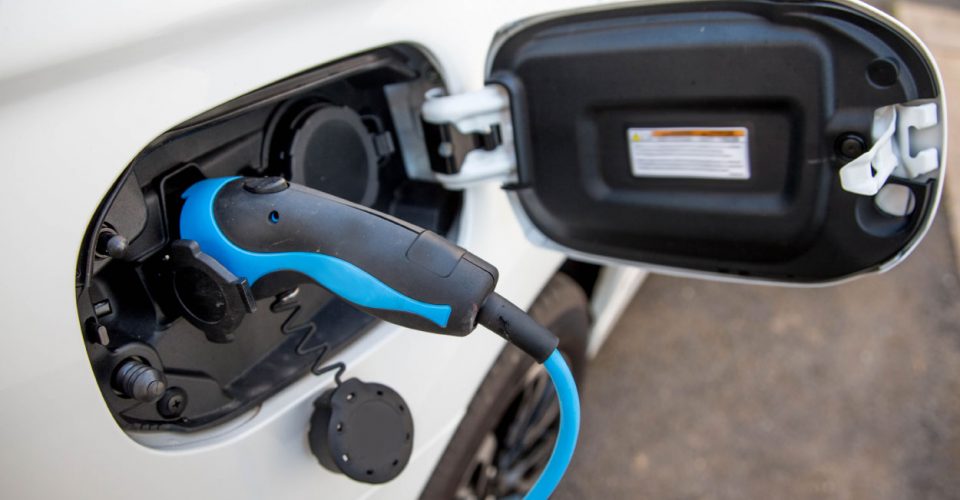Is A Home Electric Car Charger Worth It?
Electric cars are the way of the future, there is no denying this. The manufacture and development of electric cars continues to increase with gusto and the infrastructure continues to improve, making public charging easier and more convenient.
This raises the question though; is a home electric charger still necessary? Back a few years ago, a home charger was a popular option due to the lack of reliable public charging points, the relatively low cost of electricity and the convenience provided by a home charger. However, with rising bills increasing the cost of electricity exponentially and the availability of public chargers improving throughout the UK : do you still need to invest in a home electric car charger?
If you’re considering whether or not to buy a home electric car charger, this article is for you. We’ll explore the pros and cons of owning your own EV charger, and help you make a decision about whether it’s worth it for you.

Pros of Domestic Electric Car Chargers
Dependability and Lifespan
One of the key benefits of your own EV charger is that it is yours. That means no competing with other drivers, no worries about it not being available at a certain time and due to being used less, they typically last longer than public charging stations. Public charging ports are currently quite liable to break down and this can be a nightmare for electric vehicle owners living in remote areas without many backups. Slow charging overnight is also generally agreed to be the best way to ensure longer battery life by most experts. New rapid charging points are known to cause damage to batteries and while they are fine to be used for the occasional top up, slow domestic charging is still the way forward at the moment.
Availability
As mentioned above, the infrastructure surrounding public EV charging stations is steadily improving throughout the UK. However, in some locations, charging stations are still fairly scarce particularly in the north of England and around Scotland. These gaps will likely be filled quickly but if you are looking to get yourself a new electric car in the north or have to commute up north often, it’s something worth considering.
Cost of charging
Cost of charging is quite a contentious one for domestic electric vehicle chargers at the moment as bills continue to rise but at the moment, the cost per complete charge is around £15. However, there are still variable tariffs in the marketplace for electric vehicle drivers with a home charger, which means EV owners can still benefit from kWh prices as low as 5p for overnight charging. To put this figure into context, a good benchmark for an efficient EV is 3 miles per kWh, which means a 5p / kWh tariff works out at only 1.7 pence per mile.
Cons of Domestic Electric Car Chargers
Long Wait Times
Most domestic chargers will be limited to what is known as Level 2 charging, with most owners possibly being stuck with a level 1 charger. What this means is that you will be limited to a 240 Watt charge at most. This is much slower than the rapid charging points and most public charging points. While Level 2 chargers are decent and enough for one day commutes and overnight charging, you might be disappointed if you are looking for something that keeps you quickly charged throughout the day.
Specialist Installation
While you can buy domestic EV chargers online, these will typically be plug-in types designed for standard mains power (Level 1). In order to gain access to Level 2 charging, you will need to schedule a booking with a qualified expert who will be able to install the device safely and correctly. EV charger installation is becoming increasingly accessible across the UK but it may be the case that wait times are long if you are in a region with limited engineers able to install the technology necessary.
An electric home car charger is an important investment for any electric car owner. It is an essential piece of equipment that ensures your car has the power it needs to run efficiently and properly. However it is worth considering all of the above before you purchase one for your home.

